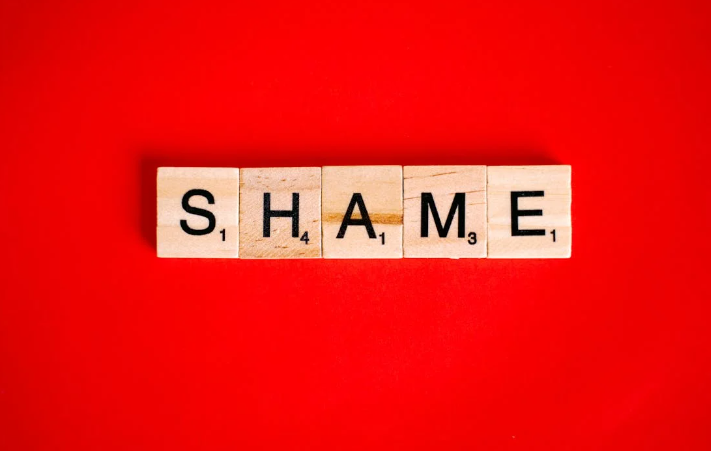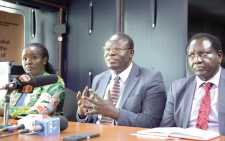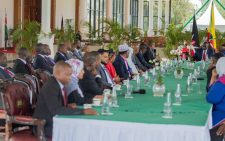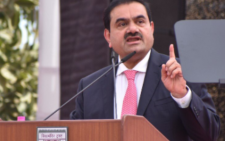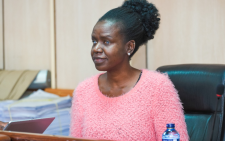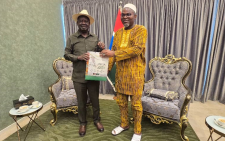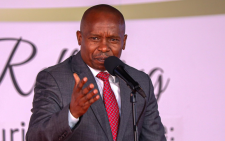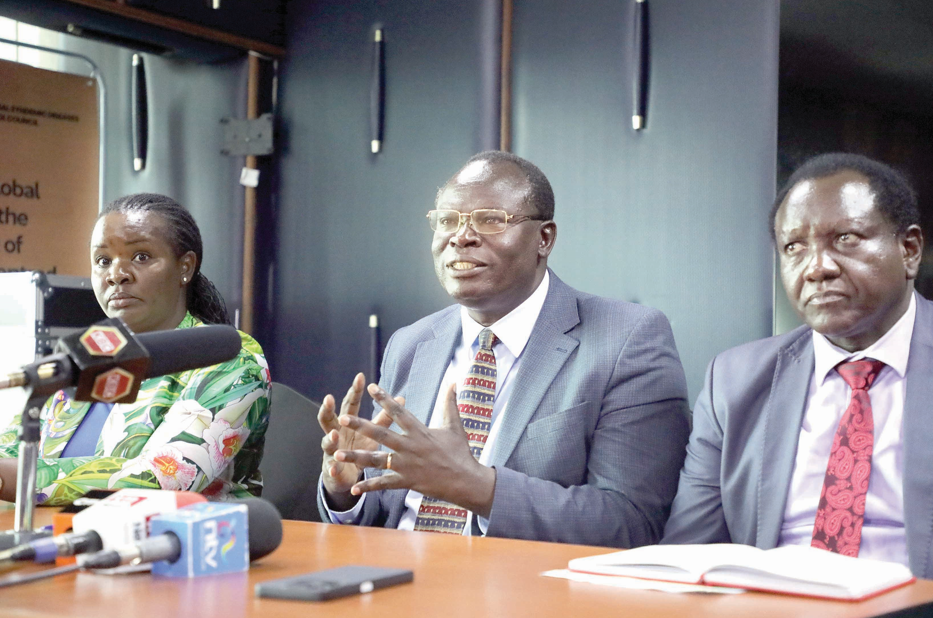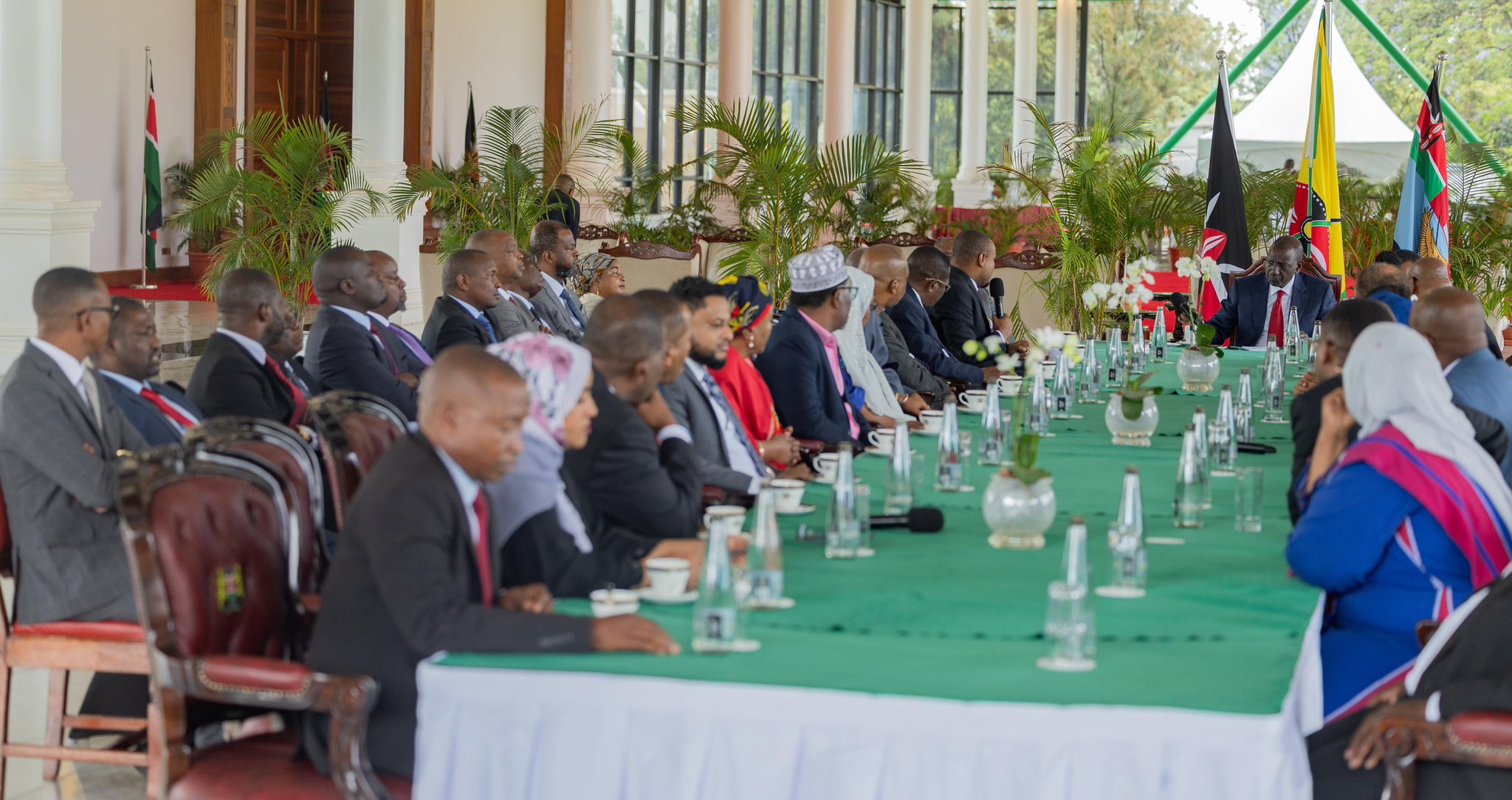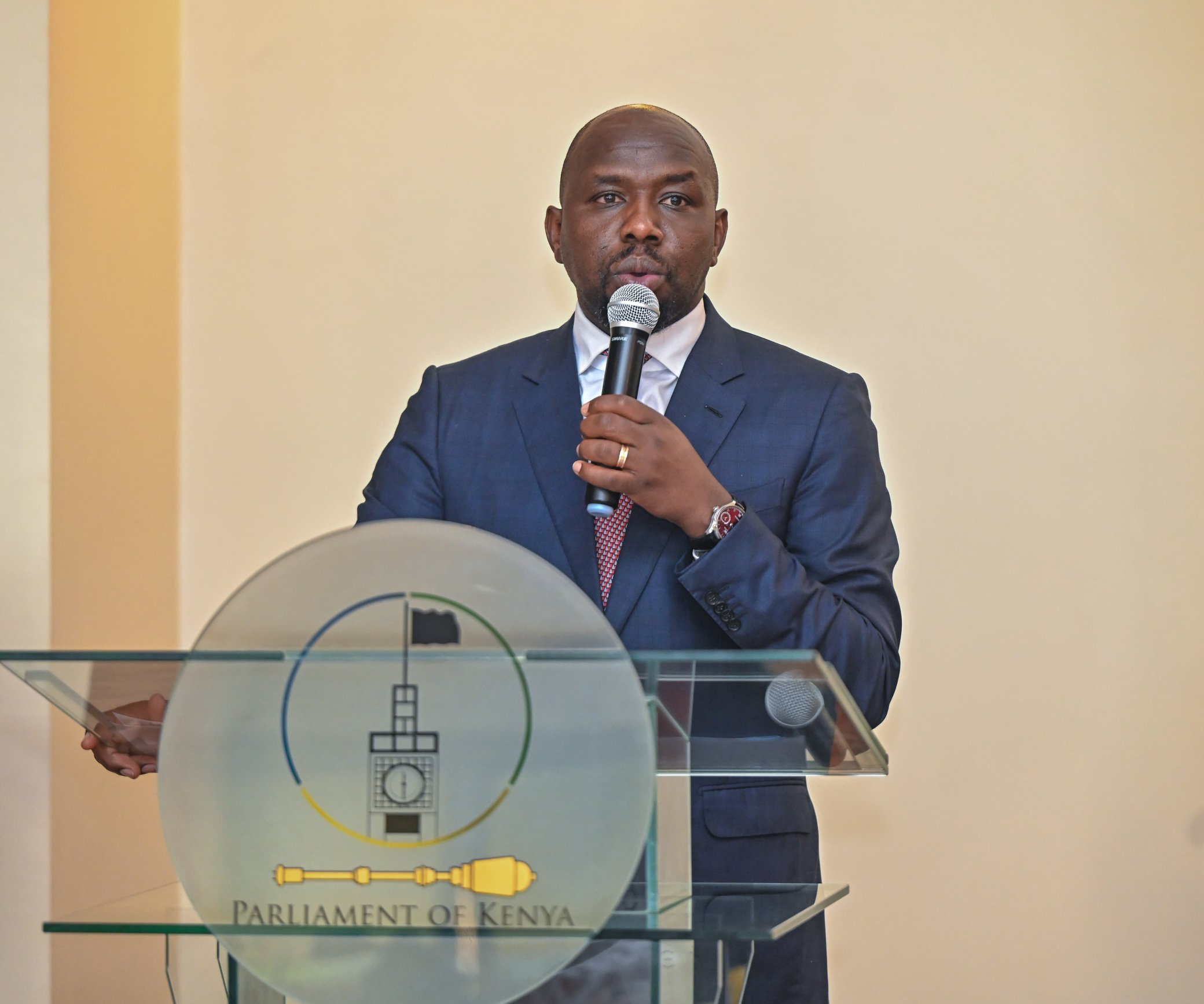I will start this opinion by saying that I reserve the right not to incriminate myself by disclosing whether I have watched the now trending Balthazar Baltasar Ebang Engonga sex tapes from Equatorial Guinea. If you have not yet come across the saga, then I will simply assume you are not on social media and move on. Never mind that his last two names rhyme with Kenyan slang for doing the nasty!
Now, the Engonga affair has exposed an uncomfortable truth about infidelity in modern marriages. Married women are often as involved in extramarital affairs as men, yet they rarely face the same public scrutiny. While Engonga’s story has triggered intense criticism of cheating male spouses, as usual, society has maintained its conspiracy of silence on the role of the married women who willingly slept with the serial philanderer.
This is a glaring double standard that unfairly casts men as the primary offenders, while ignoring the equal agency and responsibility of the women involved. Consider the facts. Engonga’s situation did not just expose individual indiscretions. It highlighted the complicity of married women who knowingly chose to break their marital vows. Instead of holding these women accountable, the public has tended to excuse them, casting them as victims or suggesting they were “led astray”.
This biased narrative both distorts the reality of infidelity and infantilises women. Married women who cheat are frequently portrayed as innocent or coerced, while men are branded as morally weak. This selective outrage skews society’s understanding of infidelity, which involves two willing participants.
The leniency is a moral blind spot that perpetuates a one-sided view, undermining true accountability. If we are serious about addressing infidelity, we must reject the idea that only men are responsible. This bias demonises men while shielding women from taking ownership of their actions.
One of the most shocking revelations in the Engonga scandal is that many of the married women reportedly knew they were being recorded and were entirely comfortable with it. This is a disturbing twist that challenges conventional expectations around privacy, shame and secrecy in extramarital affairs. The fact that these women were apparently unfazed by the presence of a camera raises profound questions about accountability and the changing attitudes toward marriage and fidelity.
For many, the willingness of these women to allow themselves to be recorded shows a brazen disregard for their marriages, children, spouses and their own reputations. This level of nonchalance suggests a staggering shift in societal values, where the sanctity of marriage and the desire for discretion seem to hold far less weight than they once did.
It signals a profound change in how some perceive the boundaries of marriage, boundaries that used to be safeguarded not just by vows but by personal shame and self-restraint. The normalisation of such behaviour reveals an underlying issue within society’s moral fabric. When people can engage in extramarital affairs without concern and even go as far as to document it, what does that say about the strength and sincerity of marital commitments today?
It is time to speak up. The Engonga saga reveals that both men and women are equally capable of betrayal and should be equally accountable. If society is prepared to condemn men for cheating, it must also hold married women who choose to break their vows to the same standards. Infidelity is a betrayal that requires two people, and addressing it means applying the same scrutiny to everyone involved.
This affair should compel us to confront infidelity with fairness and balance, calling out cheating wives as vigorously as we do cheating husbands.
— The writer is a PhD student in International Relations-

